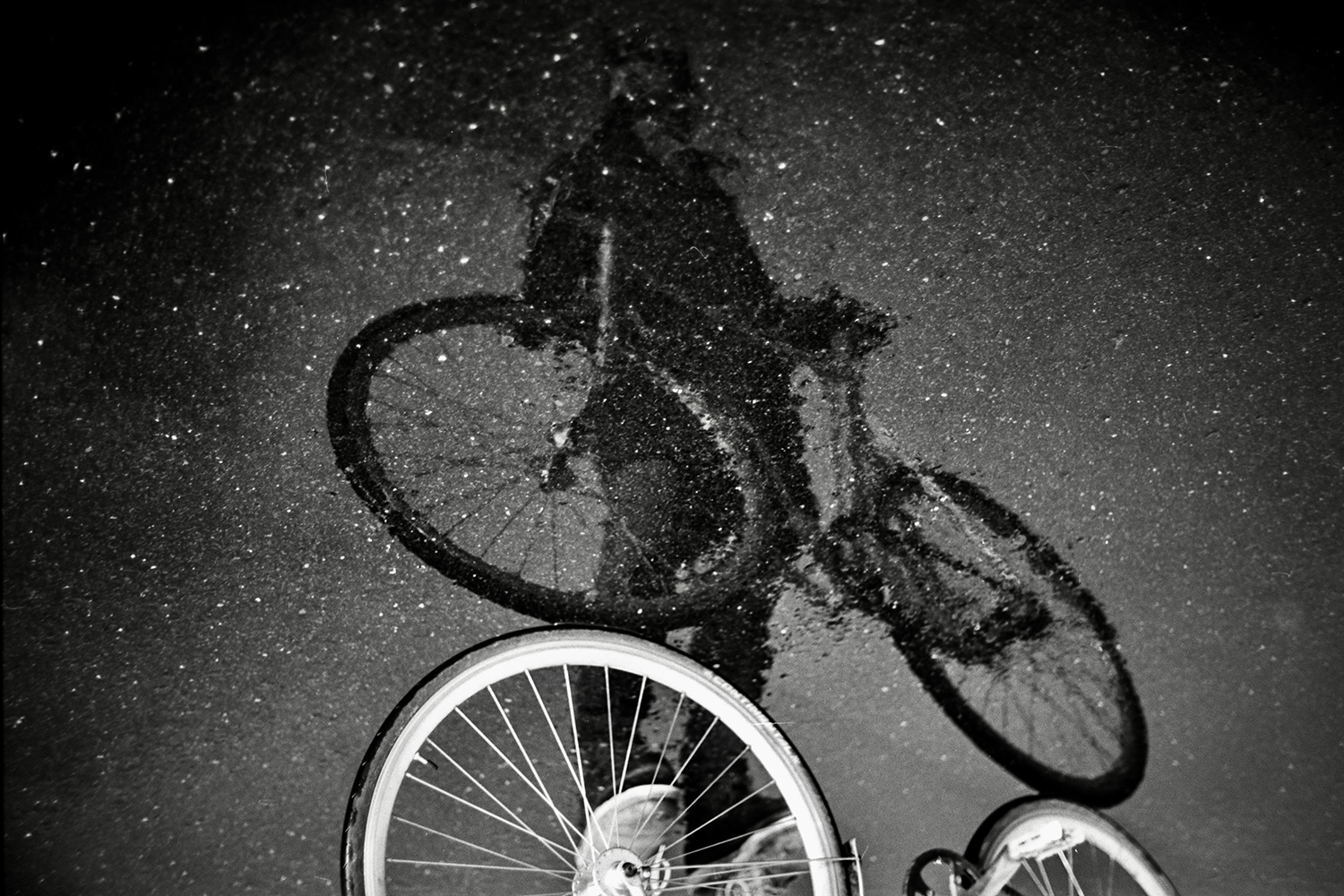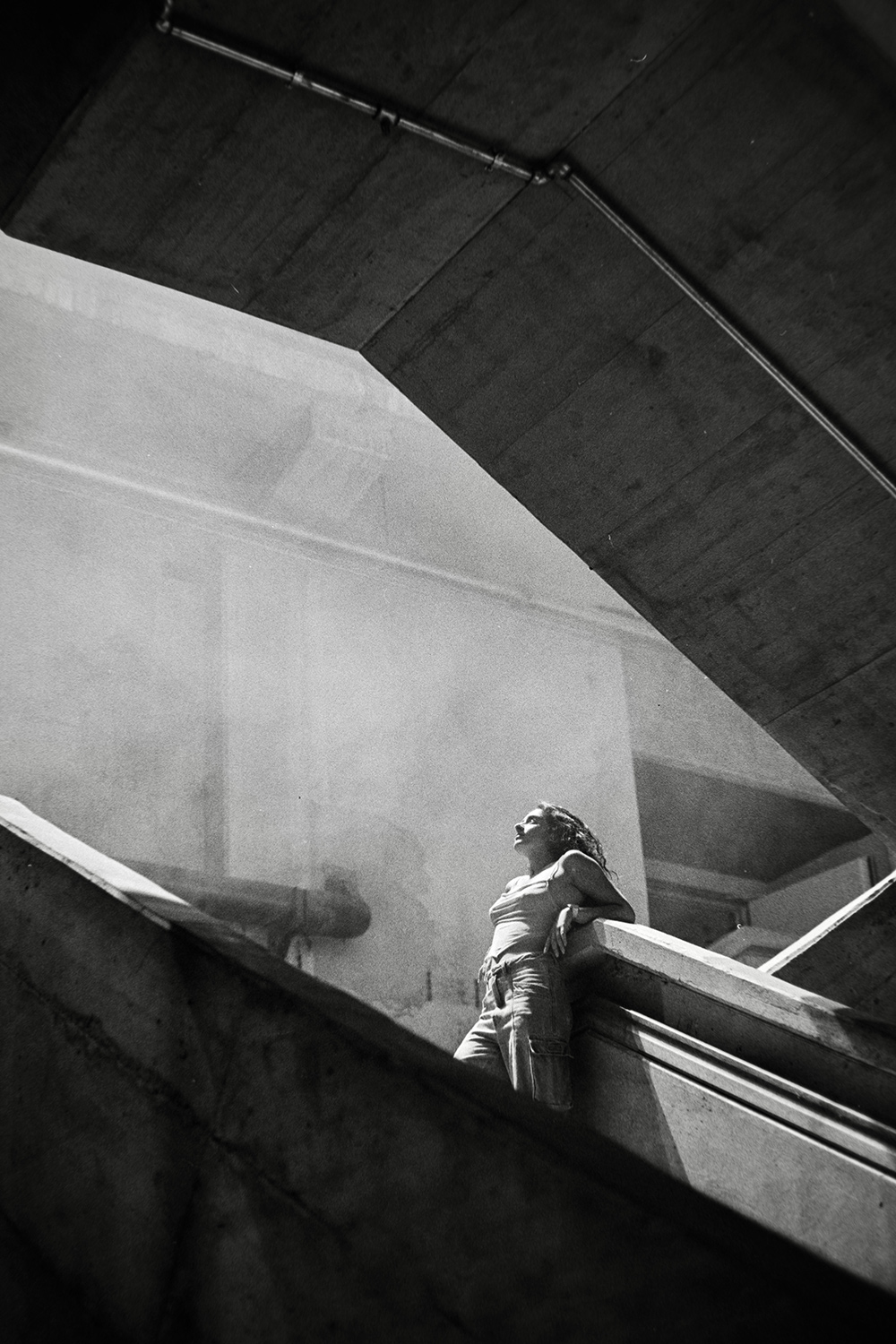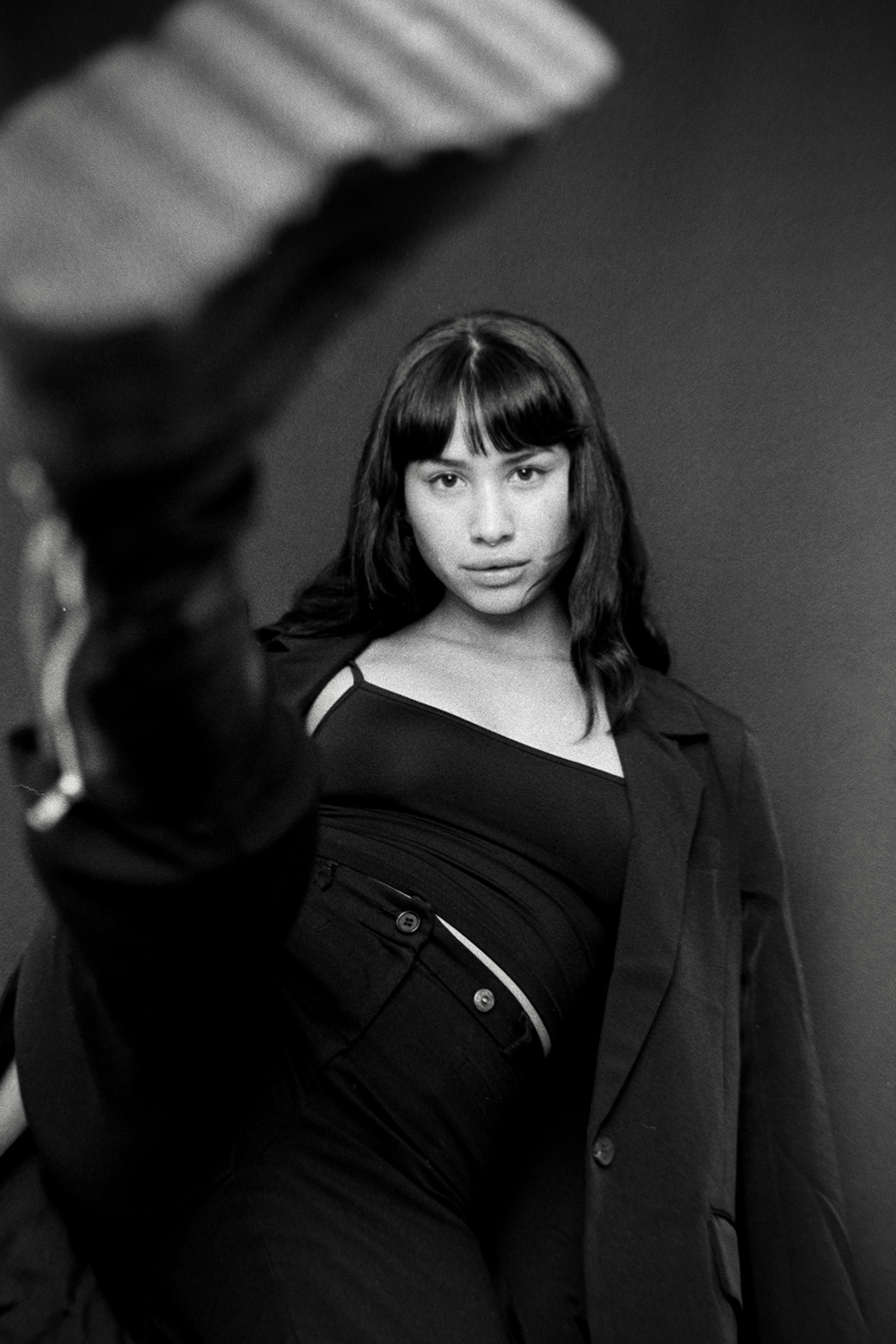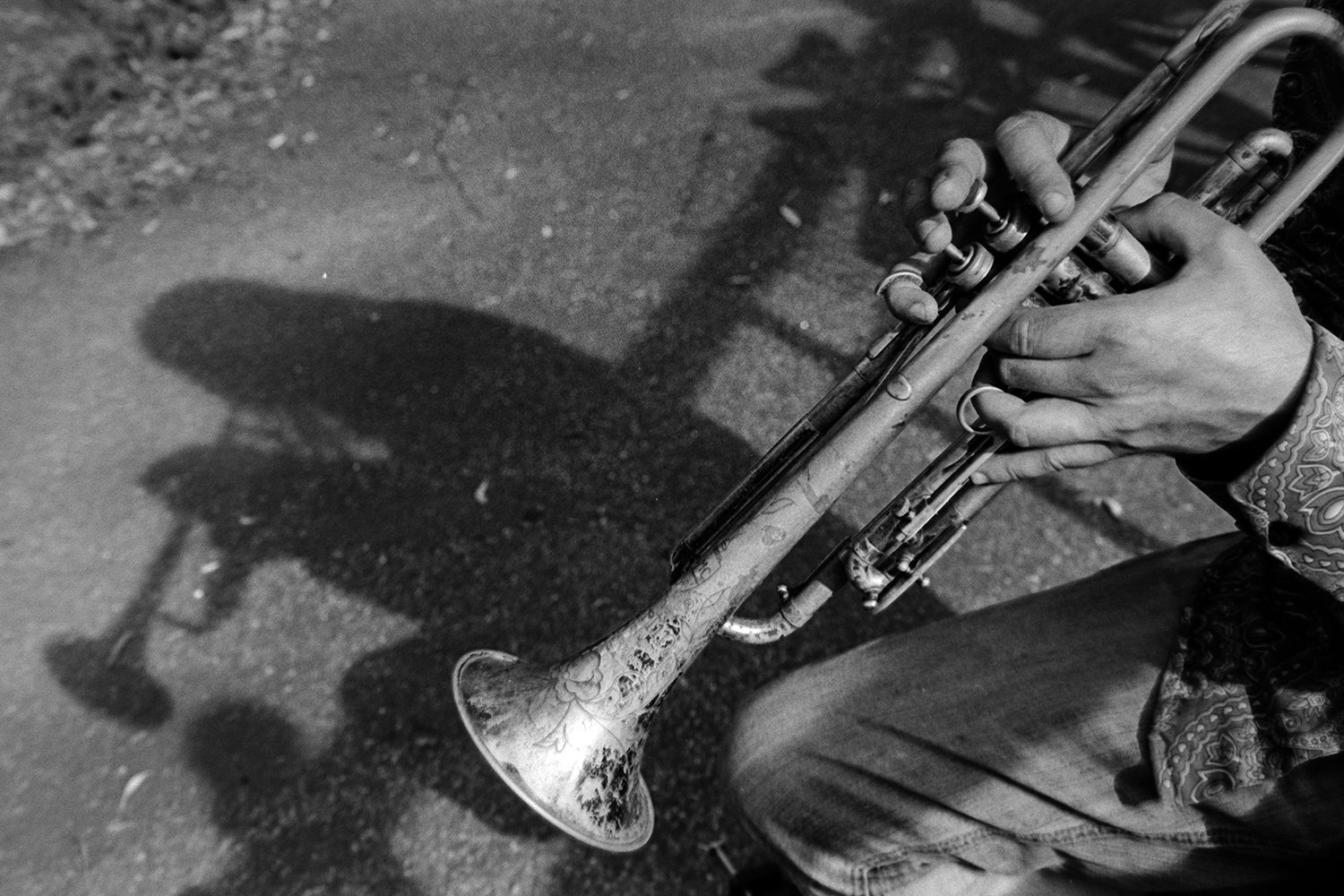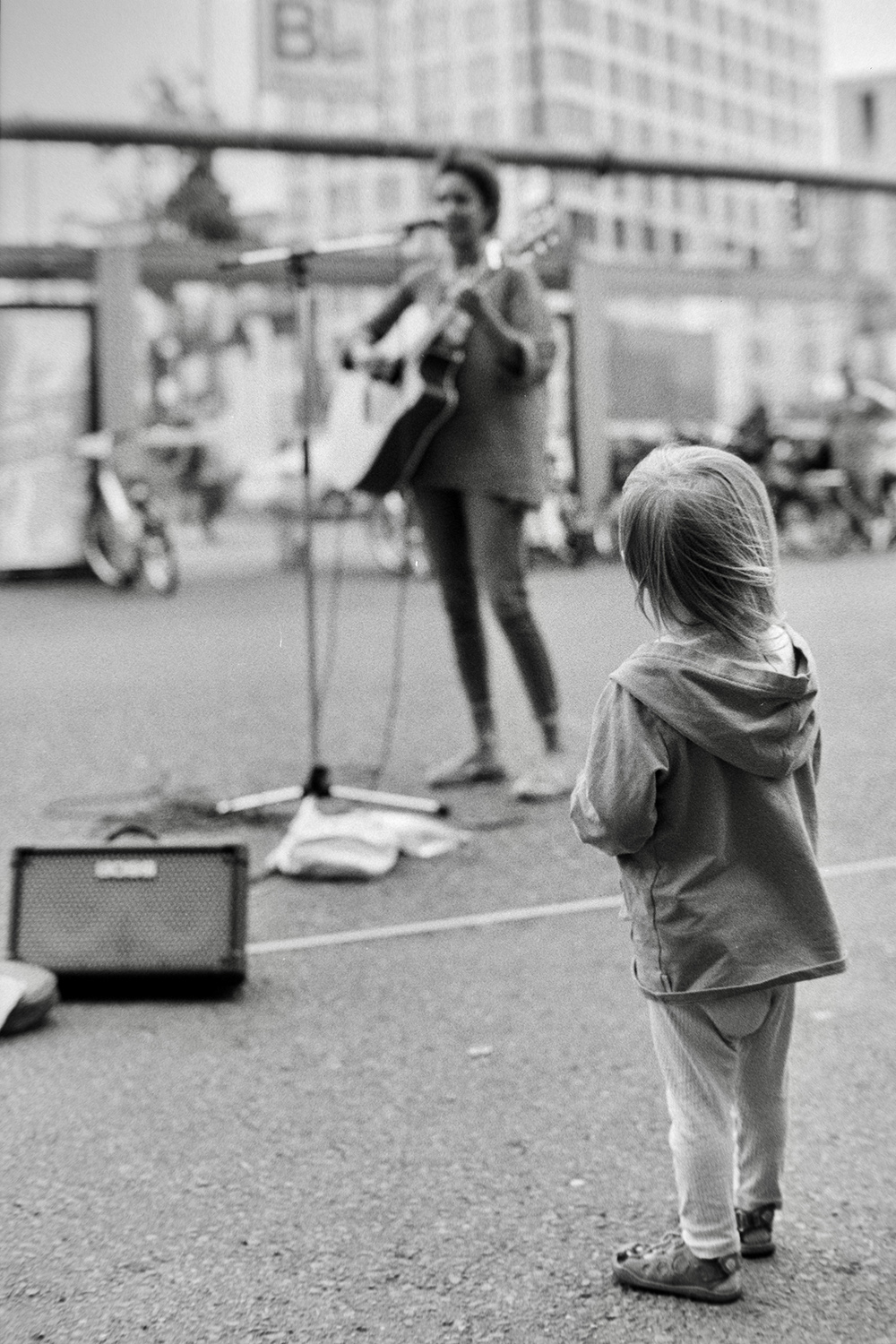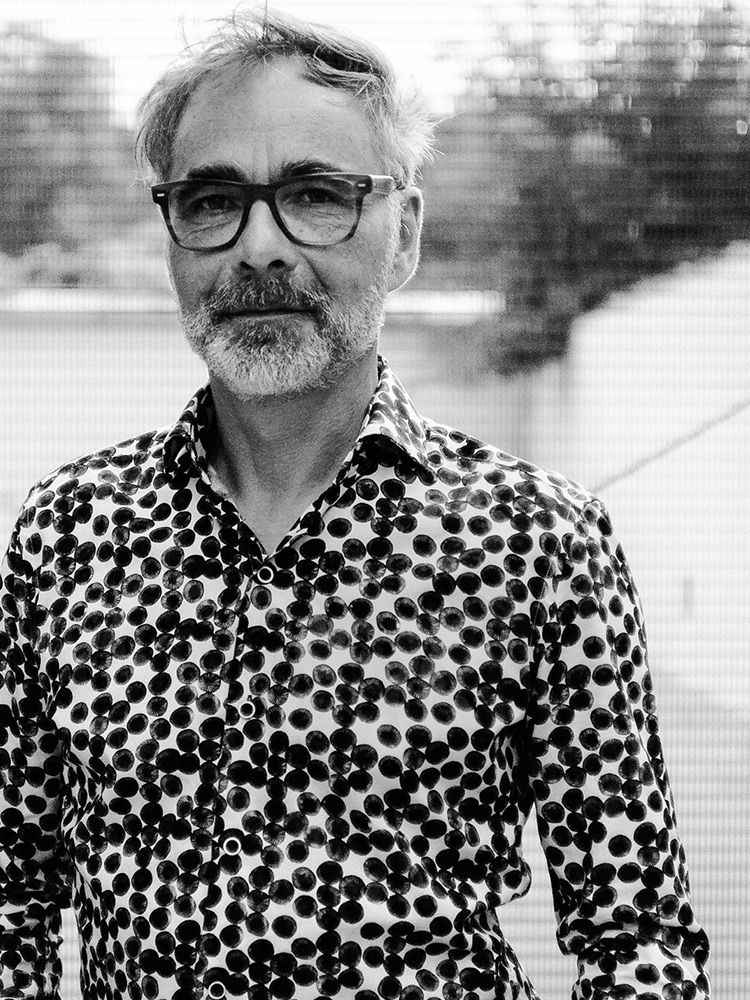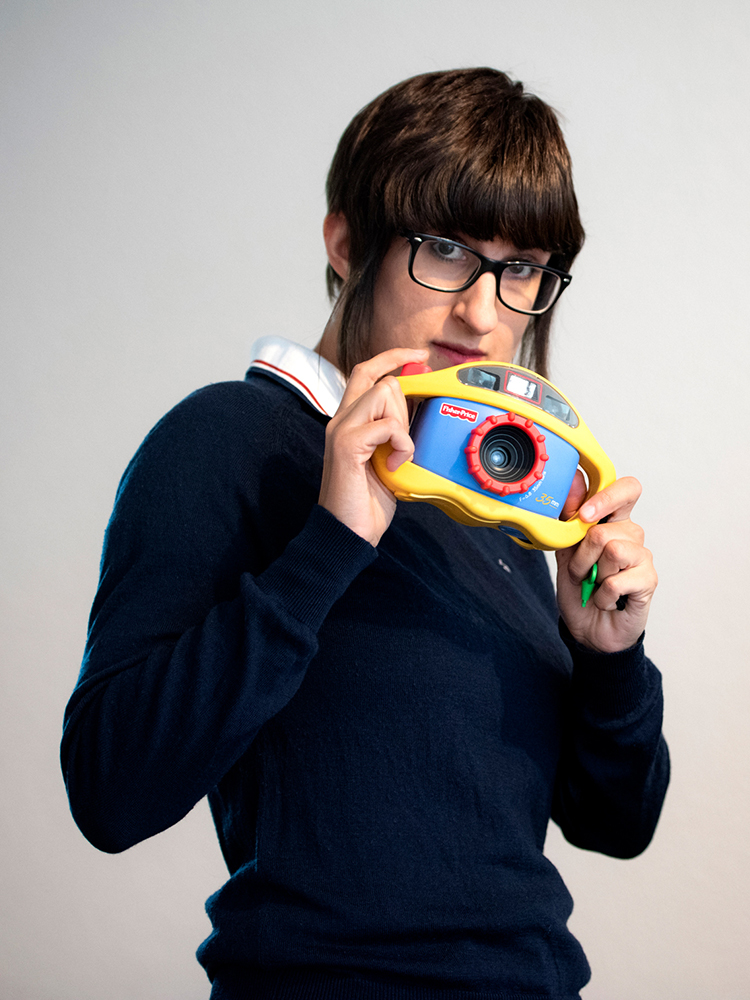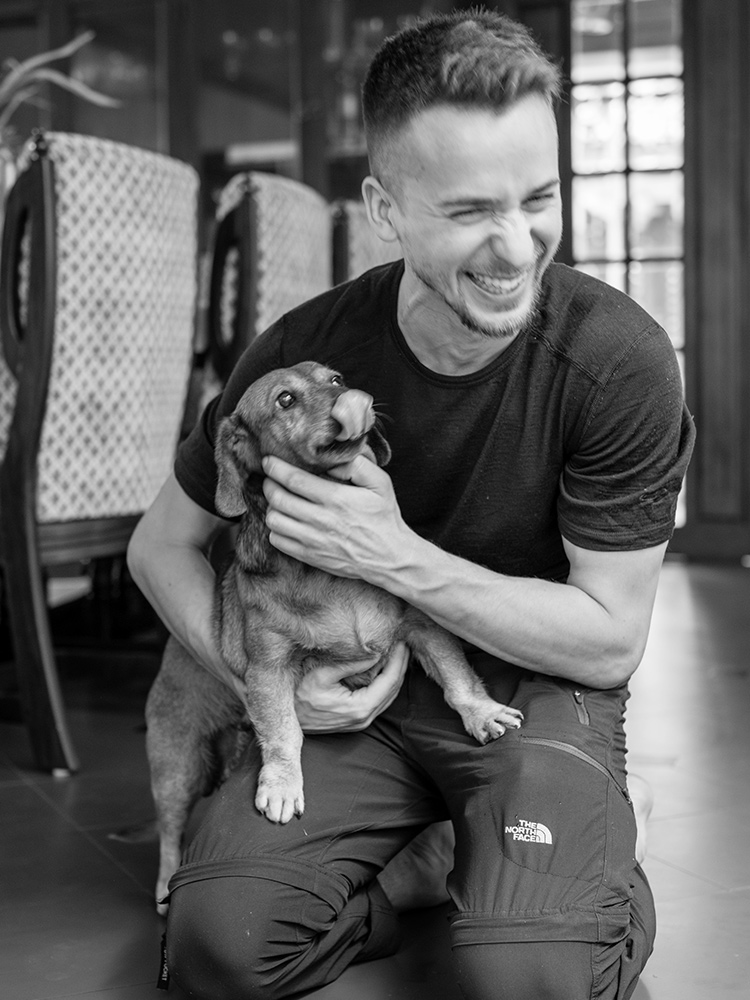
In conversation with
Robert Tannenberg
Berlin, Germany
Hi Robert, please introduce yourself.
My name is Robert and I have been living in Berlin for many years. During this time my interest in photography was significantly awakened by friends and since then it has been a constant companion besides my actual profession as a scientist. At first I was mainly involved in digital wildlife and nature photography. In the following years, other areas such as portrait and street photography were added.
For about four years now, I have been photographing mainly analog and in black and white. One of the triggers was an old Zenit 11 camera, a gift from my father. This one doesn’t need batteries and in it there has been a broken match for decades to keep the winding spool in position. This simplicity and robustness of analog cameras captivated me and since then the associated fascination for analog photography has not diminished.
What does analog photography mean to you? What excites / fascinates you about it?
In times of increasingly high-resolution camera sensors, countless cell phone photos, filters and digital fast pace, it was for me, among other things, a step aside, with some distance from perfectionism, towards more authenticity and space for the incalculable. Analog photography allows me to better get in touch with people in the context of my photo projects, to listen to them and to leave time and space until perhaps a good moment arises to capture the situation photographically.
But I’m also excited about the craft process, from the moment the latent image is created, to developing the negatives and exposing them on photographic paper. For me, analog photography is a wonderful complement to digital photography and an ideal teacher for photography in general.
In your opinion, what are the advantages and disadvantages of analogue photography?
The most beautiful thing are the people and moments that I was able to get to know and experience through it. An advantage for me is clearly the whole approach to how a photo is created and the subsequent craft process. No wild snapping and a limited number of photos. The disadvantage is clearly the extra financial effort and the chemicals that are needed.
Do you concentrate on a certain topic in your work?
I am a friend of coincidence. I prefer to focus on content or work on longer-term photo projects, but still it’s the random moments and spontaneous encounters that move me the most.
Are there (analogue) photographers who have influenced your aesthetic and approach?
For me, Sebastião Salgado is a true master of his craft, and at least as important, his sincere and authentic personality. What impresses me the most is his life’s work, besides photography. Other photographers who have influenced my approach are Franziska Hain and Steve McCurry.
Do you have certain cameras and films that you prefer to work with?
This is immaterial in my opinion, but so far I have had very good experiences with the Nikon F3 and Kodak Tmax 100/400 and TriX-400 films.
Speaking of films: What does your workflow look like?
DIY
What advice would you have for other photographers who are reading this interview?
The camera, whether digital or analog, expensive or cheap, brand new or obsolete, is ultimately just a tool.
If you publish your work on Instagram: curse or blessing?
Curse and blessing.
Which 3 photo books can you recommend / should you definitely own?
„Exodus“ & „Mein Land, unsere Erde: Autobiografie“ (Sebastião Salgado), „Das Salz der Erde“ (Dokumentarfilm) and „The Iconic Photographs„ (Steve McCurry).
Thank you so much for your time!
Favorites
Nikon F3, Fujica GS645 Professional
Kodak Tmax 100/400, Kodak TriX-400
B/W
